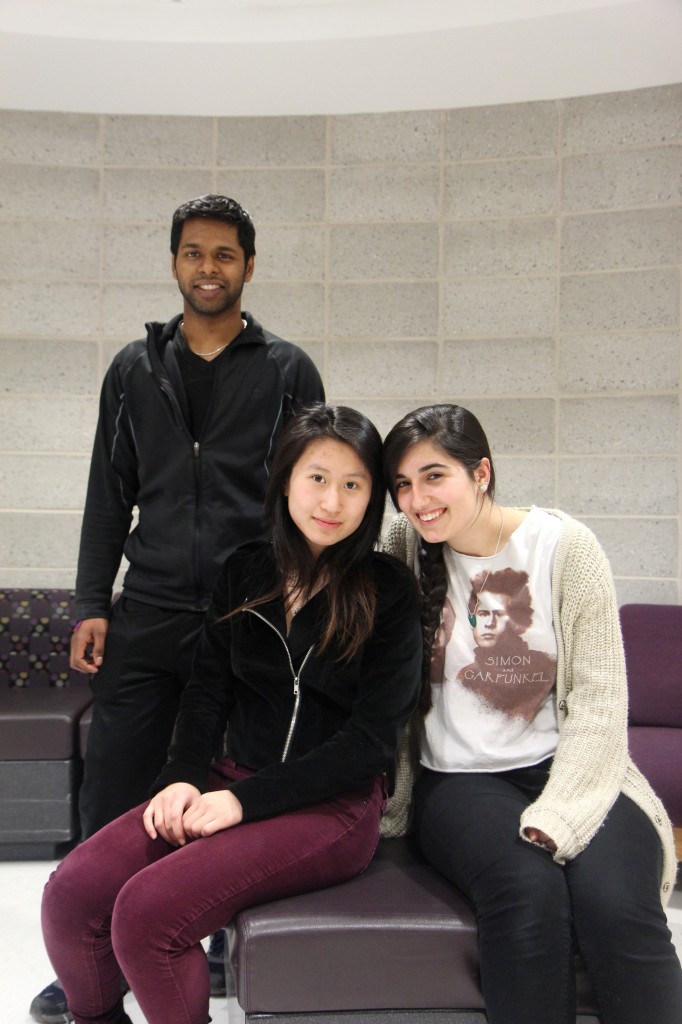
By saving the leftover and unused food from Binghamton University dining halls, one student group hopes to help feed the hungry throughout the local community.
Maya Yair, the director of social justice for Hillel at Binghamton, spearheaded the creation of BU chapter of the Food Recovery Network (FRN).
FRN began at the University of Maryland, College Park. Students began working with their dining halls to donate all extra food to homeless shelters in Washington, D.C.
Currently, there are over 53 chapters at colleges and universities across the United States.
“It’s a really great organization,” said Yair, a senior majoring in political science. “It’s something that’s practical, and it lets people know that they’re really making a difference.”
To start, the group is only collecting food from the College-in-the-Woods Dining Hall. According to Yair, food collection will then spread to Hinman Dining Hall, followed by the Chenango Champlain Collegiate Center and Appalachian Dining Hall by the end of the semester. Next year, FRN will expand to the Marketplace.
With the help of CIW Chef Manager Rich Herb, the 10 volunteers recovered 153 pounds of food Wednesday evening. Leftovers such as cod, vegan deserts, pizza and bagels were then delivered to Volunteers of America, Rescue Mission, the YMCA and the Salvation Army Soup Kitchen.
Yair said that the group started with CIW after Herb expressed enthusiasm about the effort.
“This is such an exciting program; the staff is so behind this,” Herb said. “This is a long time coming, and it’s necessary that we give back to the community.”
Before leaving the dining hall, the weight and temperature of the food is recorded. Then the temperature must be checked again after arriving at its destination to ensure that it’s safe to eat.
“It’s all about food safety. Everyone is liable for any bad food incidents happening, so we have to know what temperature the food is when it leaves the dining hall and what it is when it gets to somewhere,” Yair said.
She said that the weight of different foods allows the dining hall to keep track of which items it is making too much of. According to Yair, much of the extra food comes from Sodexo producing large quantities, since underproducing is not an option.
The group will collect food at 6 p.m. every day from Tuesday to Sunday. The food can be kept frozen for up to 48 hours before delivery.
Currently, FRN uses student drivers to transport the food. When other dining halls become involved and the quantity of donations increases, the Community Hunger Outreach Warehouse will come to campus to pick up the food from each dining hall with refrigerated trucks.
Yair said the waste problem is not just the University’s fault, and that students are responsible for making a difference.
“There is a lot that could be done on the students’ side as well,” she said. “Every time I go to the dining hall, I don’t finish my food. If students should make a conscious effort to take only what they will eat, then we can donate a lot more food to those who need it.”
Yair partnered with members from Intellectual Decisions on Environmental Awareness Solutions (I.D.E.A.S.), Chabad, InterVarsity Christian Fellowship, Newman Association, Transfer Student Initiatives and Services, Poverty Awareness Coalition, Amnesty International, Circle K and the Student Culinary Council to bring the project to BU.


